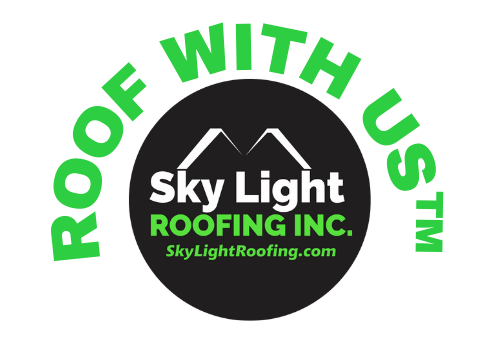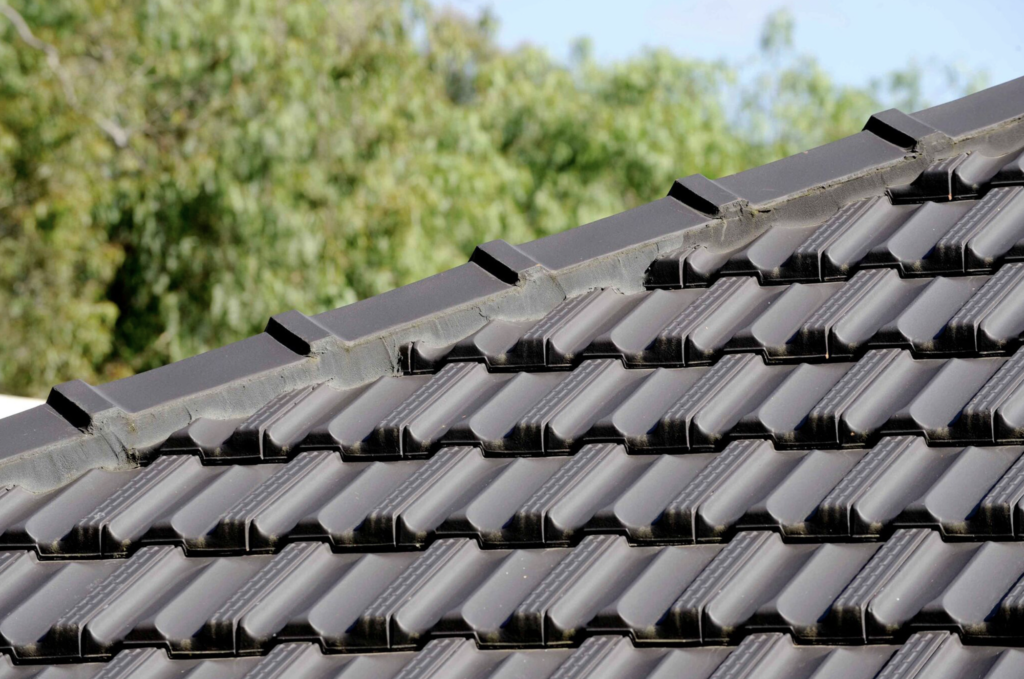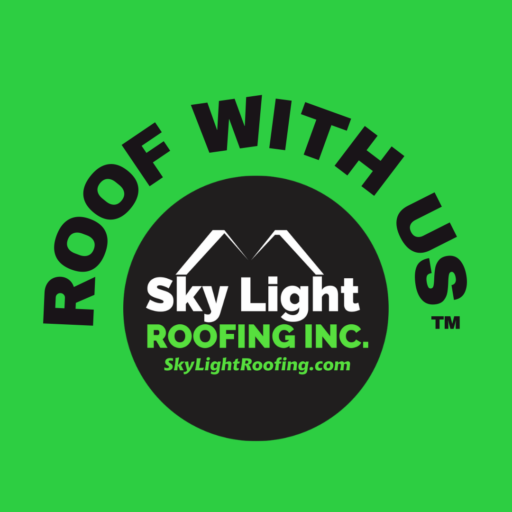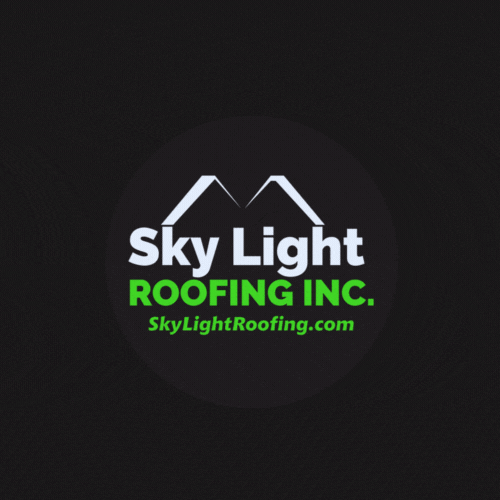4 Types of Roofs on Houses: Advantages and Disadvantages
Navigating the multitude of residential roofing options can be a challenging task, given the importance and impact a roof has on a home. A roof serves as more than just a shield against the elements; it’s the crowning glory of your house, accentuating its architectural style and aesthetic appeal. The right roof enhances not only the beauty of your home but also the safety of your family and the durability of your house itself. Therefore, considering various factors for each type of residential roof becomes a necessity, not a choice, when making this important decision.
The architectural style of your home and the prevailing aesthetic of your neighborhood are among the key considerations when selecting a residential roofing system. The variety in styles and designs of different roofing systems is instrumental in shaping the character and uniqueness of a home. However, the cost can be a significant differentiator, largely dependent on the building material used. Especially in a sun-drenched state like Florida, a premium roof is more than just an aesthetic add-on—it’s a non-negotiable necessity that must stand up to the persistent onslaught of the Florida sun, robust winds, and tumultuous weather conditions.
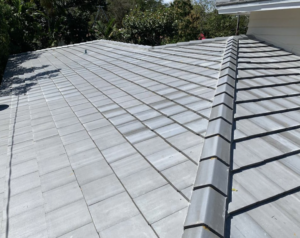
Given that Florida is a state frequently besieged by potent hurricanes, it’s not surprising that its roofing construction codes rank among the most stringent nationwide. You can familiarize yourself with these stipulations by perusing the official Florida building codes for roofing. Durability is another crucial factor. The longevity of certain residential roofing systems surpasses others, primarily based on the materials used, and naturally, higher quality often equates to a higher price tag. Lastly, maintenance should not be overlooked when selecting your home’s roofing material. We will now delve into a closer examination of four distinct types of roofs found on houses, evaluating their respective benefits and shortcomings.
1. Clay Tiles
Clay tiles are not only one of the most resilient types of roof-on-house options, but they also have a classic appearance that is perfect for central Florida. Replacing a clay tile roof may seem like a huge undertaking, but if you work with a skilled roofing contractor, they’ll handle everything. Whether a clay tile repair, a roof leak repair, or a complete roof replacement, you should be able to trust your roofing and count on their professionalism. Now let’s look at some of the benefits and drawbacks of using clay tiles on your roof.
Advantages of clay tiles
Durability
Clay tile roofs are very strong and have a long lifespan. They are one of the best options against sun damage. If they are well taken care of, these types of residential roofs could last up to a hundred years or even longer. They also have a high level of rot, insect, and fire resistance.
Low Maintenance
While they can be more expensive, clay tile roofing systems are considered to be a one-time investment. As far as maintenance clay tile roofing is better than other types of roof on houses and requires very little maintenance due to its high level of durability.
However, it is recommended that your roof still be inspected at least once a year unless of course an emergency repair is needed.
Architectural Style
Clay roofs are one of the most common types of roofs on houses in Florida thanks to their beautiful and exotic designs which take inspiration from Spanish architecture. They can also enhance your home’s market value. When installed properly, a clay tile roof can also be helpful in regulating rooftop temperatures during the winter and summer seasons.
Disadvantages of clay tiles
Cost
Depending on the composition and design of the particular tiles selected, the cost of a clay tile roof can vary significantly and they typically cost more to purchase and install. Because they are heavier than other options, if the original design of the roof was made of a different material, additional costs to reinforce the structure may also be needed. Lastly, the cost of replacing individual clay tiles is usually higher than that of replacing a metallic or asphalt shingle roof.
Installation
In general, installing a clay tile roof is a more difficult task compared to other types of roof. The installation process must be inspected frequently to make sure the pattern is correct and to check that it is well protected against possible future moisture. It takes a lot of time and effort to complete the task.
Brittleness
Even though clay tiles are resilient against the elements, they can actually be brittle and crack easily. Even a roofer carefully walking and moving around the roof making repairs could break or crack a tile. If not properly installed, clay tiles can be vulnerable to heavy winds, hail, or debris.
2. Slate Roofing
Slate roofs are one of the high-end types of roofs on houses found in Florida. This residential roofing system has existed for centuries and it is derived from the earth. Its primary component is natural slate tiles, which come from stone or sedimentary rocks made of clay. It is one of the best roofing materials for protection against all kinds of harsh weather conditions. There are variations of slate roofing. A couple of the most popular types are tiles and shingles.
Advantages of slate roofing
Durability
It’s one of the most attractive, protective, and durable roof systems available. It’s highly resistant to high winds, hailstorms, heavy rain, and constant intense heat. They do not absorb water or bend out of shape because of moisture damage. They are also resistant to fire. Slate tiles need to be installed one at a time, unlike some other roofing materials which come in wide strips or metal panels.
Curb Appeal
Many people adore the classic, elegant appeal of slate even before they learn about its other advantages.
It’s one of the things that attracts homeowners’ attention. It’s also fairly adaptable. Slate comes in a variety of shapes, colors, and sizes. It also comes in various types.
Best of all, it ages gracefully. Slate lasts for decades and with the proper care and preventive maintenance, it retains its beauty throughout time.
Energy-efficient
Slate can help keep your home cooler in the summer because of how dense it is. It limits the amount of hot air coming into the house and attic. For the same reason, it helps keep warm air from escaping during colder days. Slate reduces your heating and cooling costs in both scenarios, which makes it a very energy-efficient material. Read more about energy-efficient roofing from the U.S. Department of Energy’s guidelines here.
Disadvantages of slate roofing
Cost
Per roofing square, slate roof tiles are expensive due to their manufacturing and shipping costs. Since they are made of rocks, they are heavier than most types of roofing materials. The roof deck must be carefully inspected before installation to make sure it can hold the extra weight. Given its durability and dependability, some property owners are willing to pay a steep price for a substantial roofing system.
Installation
Because slate roof tiles are heavy, the roof structure may need to be strengthened in order to properly support the weight. An experienced and skilled roofer should be able to determine whether or not the deck can support its weight. Selecting a qualified contractor to install a slate roof is crucial, not every roofer is skilled enough to do it correctly.
Prone to cracking
Same as with clay, slate can also be prone to cracking when people walk on it. Slate is extremely resilient against weather conditions, but if someone works on the roof, whether cleaning the gutters or doing any other type of maintenance, direct foot traffic impact may damage it. Hail damage may also be an issue. Additionally, replacing any damaged slate with a new one can be a major hassle because it can be very challenging to find the right shade, especially if it is years after the original installation.
3. Metal Roofing
Metal roofing has become one of the most demanded types of roofs in houses in recent years. They are widely used in residential and commercial buildings. It’s a low-maintenance roofing option that can last decades. There are a great variety of shapes, looks, and styles to choose from. Not everyone finds metal roofing to be the best option for their homes, even if it is the best option for some residential buildings. The best way to determine if metal roofing is a good choice for your roof is to look at some of the pros and cons of using metal roofing.
Advantages of metal roofing
Durability
The advantages of metal roofing over other options, such as asphalt shingles, tiles, or concrete are numerous, but durability is one of the main reasons homeowners choose it. Metal roofs can withstand winds of up to 160 mph. They are much more resilient to strong storms than other types of roofs. They are an ideal option for any house in a hurricane zone.
Low Maintenance
When installed properly, typically, a metal roof requires very little maintenance. Looking for debris that could get stuck on the roof and in the gutters once a year and after severe storms would be part of general maintenance. There are also ways to clean your metal roof if dirt or other stains do not wash off with rain.
Easy Installation
It is lightweight and manageable thanks to its length, width, size proportion, and other features. Metal residential roofing usually comes in much larger panels than other types of roofing, thus the process to install it is usually much quicker and less time-consuming. In addition, there are typically fewer individual parts needed for the repair of any roof damage, which also saves time and money during an already frustrating time.
Disadvantages of metal roofing
Cost
A residential metal roof can be expensive in contrast with the price of other options. A standing seam metal roof probably costs more than twice as, and as much as three times that of an asphalt shingle roof. The aesthetics of metal roofing aren’t always as appealing as those of other types of roofing materials. The more attractive styles might cost more because they are “designer,” like anything else. Although safety should always come first, the aesthetics of your roof should still be taken into account and is a significant factor for many homeowners.
Noise
Metal roofs, more than other styles of roofing make loud and pronounced sounds when they’re struck by rain or rattled by heavy winds. The sound of rain hitting your metal roof will always be heard. If installed over solid wood decking, this will help to absorb some of the noise. Many homeowners would not see that as a disadvantage, in fact, some people may even enjoy the natural sound of raindrops falling on the roof, but if you like a quiet home, you may occasionally be disturbed by the weather.
Dents
Bad weather has very little effect on metal roofs. Other types of roofing can be damaged by heavy rain, high winds, and other conditions, but on a smooth metal roof, it will simply slide off. Leaks and water damage are much less likely as a result. But in severe cases, extreme weather can harm metal roofing in some ways. Strong wind and heavy hail both have the potential to cause damage by breaking off tree branches, carrying debris onto your metal roof, and also the possibility of leaving dents.
4. Asphalt shingle roofing
Asphalt shingles showcase versatility as they come in a wide range of colors and styles to match various home exteriors. Moreover, their durability extends up to 20 years or more, giving homeowners a cost-effective, yet long-lasting roofing solution. With the three types – 3-tab, architectural, or designer shingles – homeowners have a variety of choices to fit their specific aesthetic and functional needs.
Advantages of asphalt shingles
Affordability
Some of the more affordable options available for your roof are asphalt roofing shingles. With this cost-effective option, homeowners on a tight budget can easily get a new roof without having to spend a fortune. One of the reasons why they come with a lower price tag is that they are mass-produced. Striking a balance between selecting the most cost-effective option for a roof and making sure you get quality roofing material can be achieved thanks to the quality and affordability of asphalt composite shingles.
Architectural Style
There are numerous elegant architectural styles of asphalt shingles to choose from. Due to their adaptable design, asphalt shingles can be installed on almost any type of surface. Asphalt shingles will fit any shape roof, including those with multiple angles and rounded edges. Some even imitate the appearance of other roofing materials, such as slate and cedar shakes.
Installation
When compared to heavy slate or long sheets of metal, asphalt composite shingles are much simpler to handle and install because they are made of smaller, lighter pieces. They don’t require a lot of storage room. Asphalt shingles are simple to modify if you need to install additional roof structures. All of these reasons and more, make asphalt shingle installation more affordable than other options.
Disadvantages of asphalt shingles
Less Durable
Because they are lighter, less expensive, and more likely to be damaged than other roofing materials, asphalt shingles have a shorter lifespan. They also tend to retain excessive heat and moisture. Vegetation and greenery may grow on your roof, which could prevent water from draining properly.
Wind Damage
The lightweight nature of asphalt shingles makes them occasionally vulnerable to wind damage. These shingles have a tendency to lift or tear off fairly easily in strong winds. They can also disengage and leave your roof more vulnerable to leaks.
Less Unique
Asphalt shingles are a popular choice among homeowners, which is part of the reason why houses in neighborhoods frequently have a similar appearance. Most asphalt shingles don’t offer the distinctiveness that other roof materials would. This is more of an issue for some than it is for others, but it’s still worth noting.
For insightful advice on residential roofing material options or expert guidance tailored to your specific roofing needs, Sky Light Roofing is at your service. Our seasoned professionals are ready to lend their expertise to ensure you make an informed and beneficial decision that aligns with your home’s aesthetic and weather needs.
Reach out to us today at 407-430-ROOF. Together, we’ll explore the ideal roofing solution for your home. Remember, when you decide to enhance your home’s aesthetic and protection, choose to, “Roof with Us™”. Make your home improvement journey meaningful with Sky Light Roofing, where quality meets expertise.
